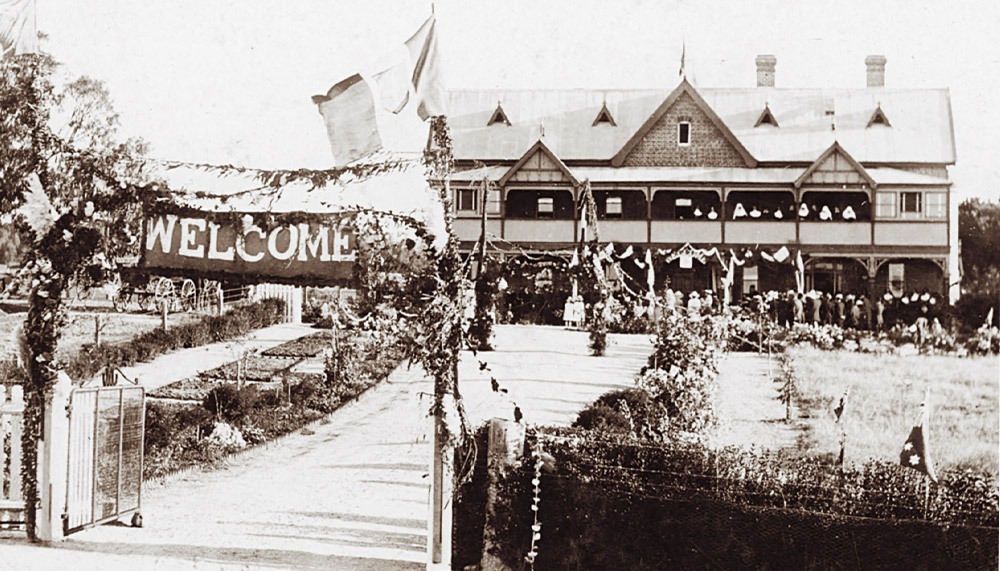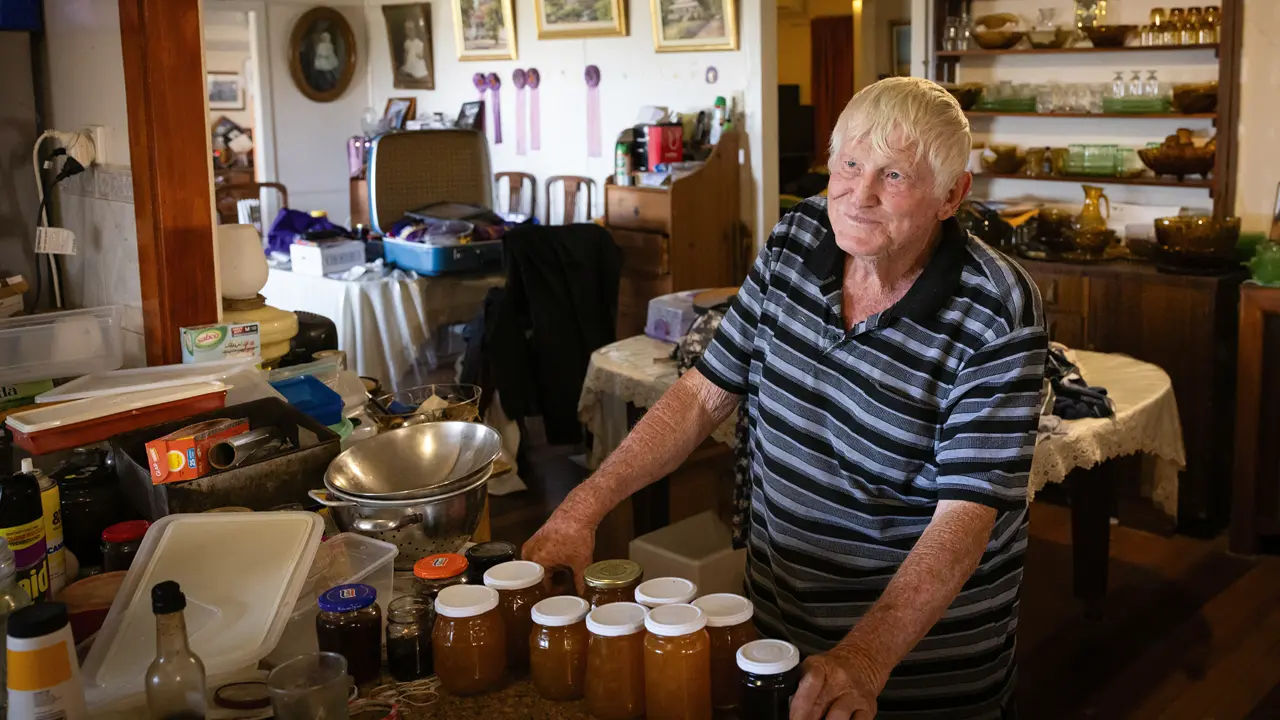St Joseph’s Perthville closed down a couple of years ago, just shy of its 150th year, but its spirit has been celebrated in a popular book.
Story Ken Eastwood
Very fond memories of her years at St Joseph’s College, Perthville – and particularly a love of the nuns who ran it – led Bathurst resident Marie Crowley to write a thoroughly researched book on the college.
“I thought it was a story that deserved to be told because it was a wonderful college and the sisters were such wonderful women,” Marie says. “They catered for girls from remote areas and girls from families that did not have a lot of money, and I thought that was a very admirable thing to do.”
Situated about 10km out of Bathurst, the college is renowned as the first NSW school established by the Sisters of St Joseph, who had received their training from Mary MacKillop. They arrived at what was then called Queen Charlotte’s Vale (later Perthville) and established the school in a little slab church. “Time would prove them to be gritty, indomitable women,” Marie writes. “During the following 95 years, the Sisters of St Joseph would go on to establish some 60 convents and schools throughout the Bathurst diocese and beyond.”
The school accepted its first boarders in 1875, and the last left in 2017. But it would go through many, many changes over that time, with the primary school closing in 1972 and, for its last 50 years, the college became a boarding facility only, with the high school girls being bussed each school day to MacKillop College in Bathurst.
With a tender and detailed style, Marie describes everything from concerts and renovations to extracurricular activities and subjects. She says although early records are scarce, she believes more than 4000 girls boarded at the college over its lifetime.
Like most of the former students, Marie came from a sheep property that had no access to a school nearby. She lived between Tullamore and Trundle, and after a period of homeschooling with Blackfriars Correspondence School, she was sent to the boarding school in 1953, aged 11. “It was a very happy place – very, very special,” she says. “It was a bit ‘ordinary’ – unpretentious and homespun, and we had to look after the grounds.”
Marie would go on to become a teacher herself and write three other books about the Sisters of St Joseph.
She describes the arrival of another former student, Clare Dixon, who, aged 11, reached Perthville railway station at 2am, after catching a slow-moving goods train from Tullamore. Two nuns were waiting for her at the station, having stayed up to welcome her and help her settle in.
Not all the former students quoted in the book, though, had such fond memories. As one young lady who arrived in 1945 says, “I was housed with all these girls and nuns. The object was for me to learn to be a lady. Me, who had three brothers … I never really settled into College life. The rules were too strict. No talking in the dormitories at any time. No talking at the meal table. Same for study periods. It used to be fun to work out how to break the rules.”
Many parts of St Joseph’s College are etched into the memory banks for Marie and so many other old girls. “The swirl of winter mist, the crunch of footsteps on icy gravel, red brick buildings shrouded by fog, trees stretching their green summer branches to the sky and the Bald Hill clearly visible in the sunshine,” she writes. “And the sounds – the bustle of netball, the clang of bells, the strains of singing, the hum of classrooms and the laughter.”
This story excerpt is from Issue #134
Outback Magazine: Dec/Jan 2021










